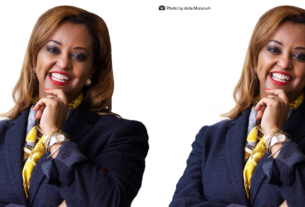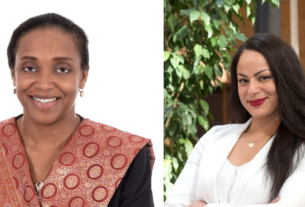Dr Vera Songwe is appointed Chairwoman of the Board of Directors of the Liquidity & Sustainability Facility (LSF) and Ellen Johnson Sirleaf, the former president of Liberia, has also accepted to lead the Board in an honorary capacity, said a press release issued on Thursday, September 29.
The Board of Directors includes Dr. Benedict Okey Oramah, President and Chairman of the Board of Directors of African Export–Import Bank, and David Escoffier, who also serves as CEO of the LSF Secretariat. These nominations reflect the LSF’s commitment to operate under high standards of governance and the supervision of a high-quality Board.
The LSF was established in November 2021 at the COP26 in Glasgow with the dual objective of supporting the liquidity of African Sovereigns Eurobonds and incentivizing SDG-related investments such as SDG and green bonds on the African continent. Following the devasting impacts of the COVID-19 pandemic on African economies and the continent’s worsening debt situation, the United Nations Economic Commission for Africa held various consultations with member States and stakeholders to find ways of supporting Africa to build forward better. A result of those consultations is the LSF.
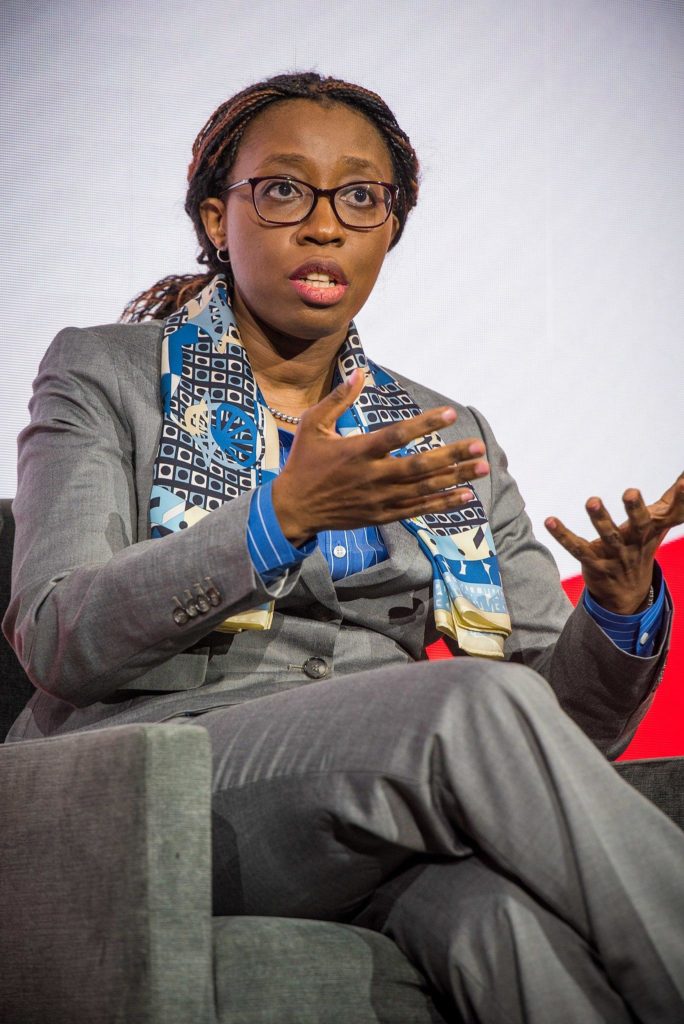
The LSF is conceived and designed to compress liquidity premiums and improve sovereign access to international bond markets for African countries through a repo market for the region, on par with international standards and with the potential to save an estimated USD 11 billion on borrowing costs over the next five years. The facility, which could reach up to USD 30 billion in the first years, is now fully operational and has received interest from a number of large international Asset Managers. Its first transaction of USD 200 million was expected to close in Q1 of 2022 and funded by Afreximbank. Following this model transaction, the LSF is expected to raise USD 3 billion by seeking Special Drawing Rights (SDRs) on-lending from developed countries in the wake of the IMF general allocation of approximately USD 650 billion of SDRs that took place in August 2021.
Its aim is to improve African Sovereign debt sustainability and, through its participation with African governments and private investors, contribute to the enhancement of liquidity in the market on par with international standards. An improvement in the terms of new issuances of SDG- or climate-linked bonds for African nations could see a dramatic increase in the volume of green and blue bond financing, and at affordable and sustainable rates.
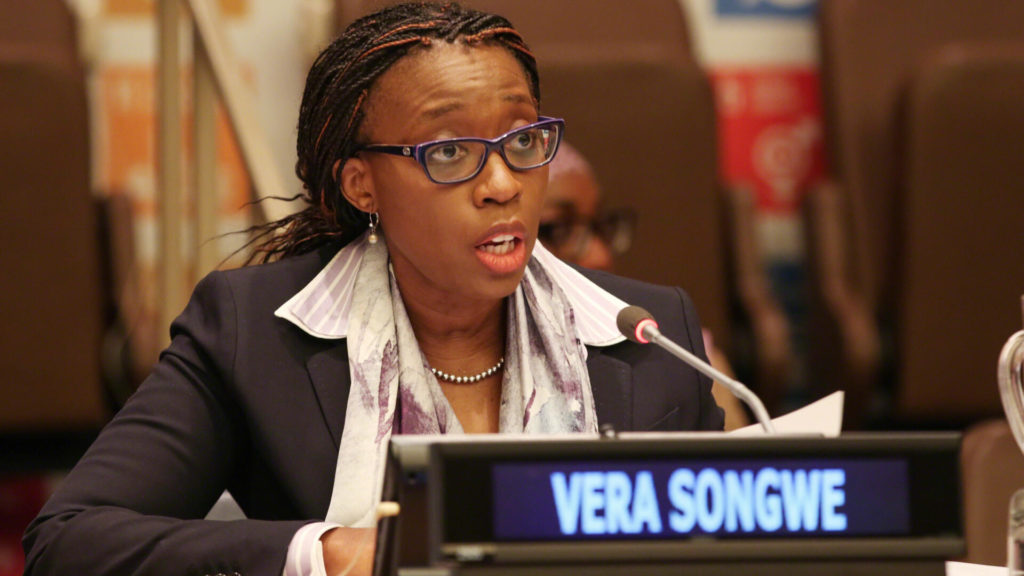
Adherence of the LSF to its public good mission
The Board of Directors is responsible for the adherence of the LSF to its public good mission and to standards of transparency and accountability. The Board of Directors will appoint further Board members who will represent the interests of the LSF stakeholders and a Head of Credit Risk.
The Board of Directors seeks LSF engagement with key relationships, partners and stakeholders, as well as relevant policy and decision-makers from the major economies and international development finance institutions. The Board of Directors is supported by a Secretariat that assists the LSF with strategic planning, corporate governance and communications among other responsibilities.
Vera Songwe said: “The LSF marks the recognition of the maturity of the African Sovereign bond market. It aims to offer the same financial infrastructure the rest of the world has access to and to level the playing field for African sovereign borrowers. It creates a more sustainable investment environment for Africa.”
Former Executive Secretary of the Economic Commission for Africa
Vera Songwe is a visiting senior fellow at the Brookings Institution, Co-Chair of the High Level Expert Panel on Climate Finance nominated by the government of the UK and Egypt alongside Lord Nick Stern. She is the former United Nations Under-Secretary-General and the Executive Secretary of the Economic Commission for Africa (ECA). She announced on August 22, 2022, that she was resigning from her position which she has held since August 2017. Under her leadership, ECA played a key role in promoting the African Continental Free Trade Area (AfCFTA) at national, subregional and continental levels; advocating for adequate resources to finance Africa’s COVID-19 recovery initiatives; fostering public-private partnerships; and promoting local manufacturing to ensure sustainable economic growth and reduce growth volatility in Africa.
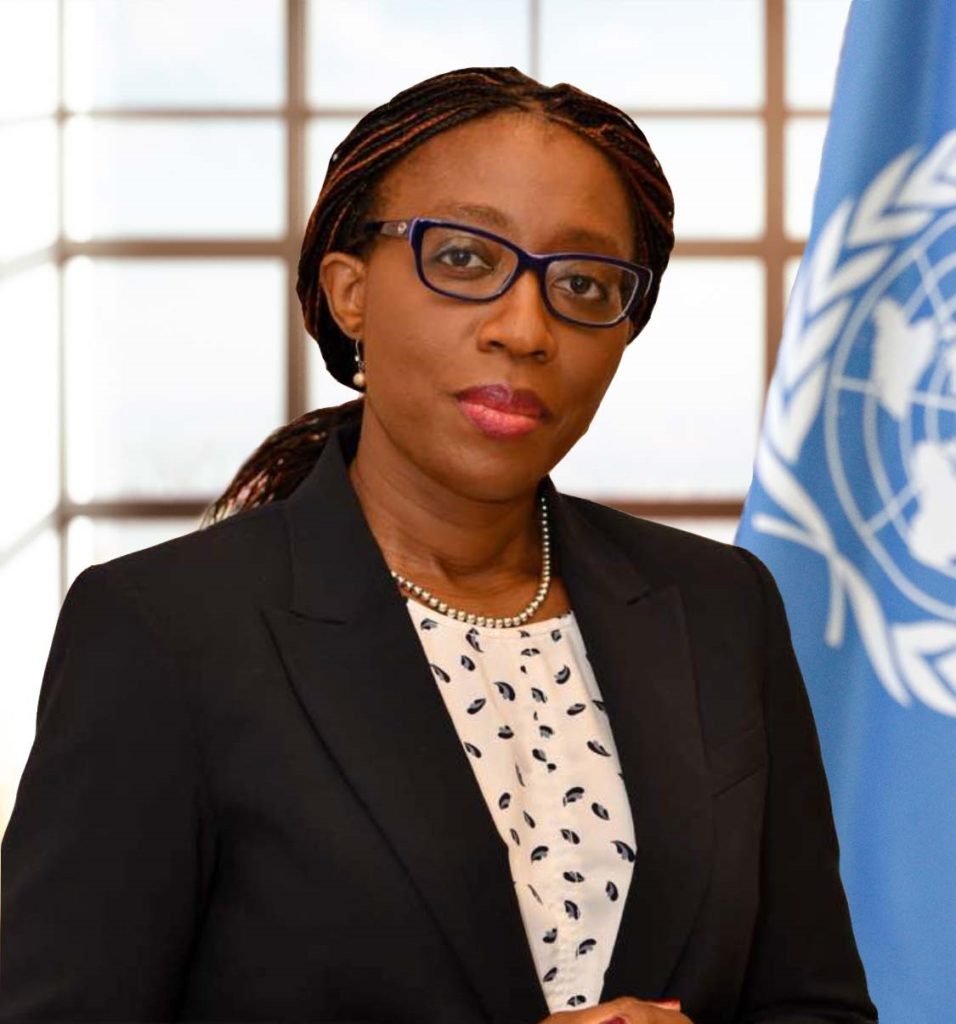
Vera Songwe has led numerous efforts to bring greater prosperity to Africa. She has worked with African heads of government, Ministers of Finance and Central Bank governors, international organizations and the private sector on macroeconomic stability, monetary policy, financial innovation and inclusion growth, economic integration and trade, and private sector development. She is a leader recognized and respected globally and has contributed policy advice to many continental leaders and institutional leaders globally.
Previously, Vera Songwe was the Regional Director of the International Finance Corporation, covering West and Central Africa. She oversaw a multi-billion dollar portfolio of investments in energy, transportation, manufacturing and technology. Prior to this, she held a number of roles at the World Bank, including serving as Country Director, Adviser to the Managing Director for Africa, Europe and Central and South Asia. She spent 10 years of her career working and living in Asia. She joined the World Bank as a Young Professional. Prior to joining the Bank, she was a Visiting Researcher at the Federal Reserve Bank of Minnesota and at the University of Southern California.
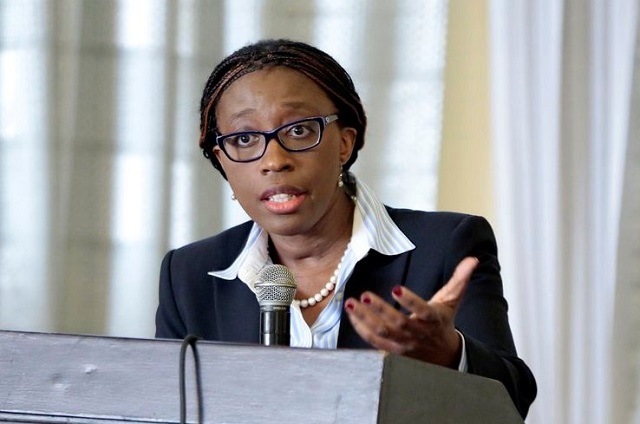
Vera Songwe was named African Icon of the year in 2022 by the African Bankers Association for her work on SDRs, Inflation, debt management and domestic resource mobilization. She has been named several times among the most influential people in Africa
Vera Songwe holds a PhD in Mathematical Economics from the Center for Operations Research and Econometrics, a Master of Arts in Law and Economics and a Diplôme d’études approfondies in Economic Science and Politics from Université Catholique de Louvain in Belgium. She also holds a B.A. in Economics and Political science from the University of Michigan, Ann Arbor

